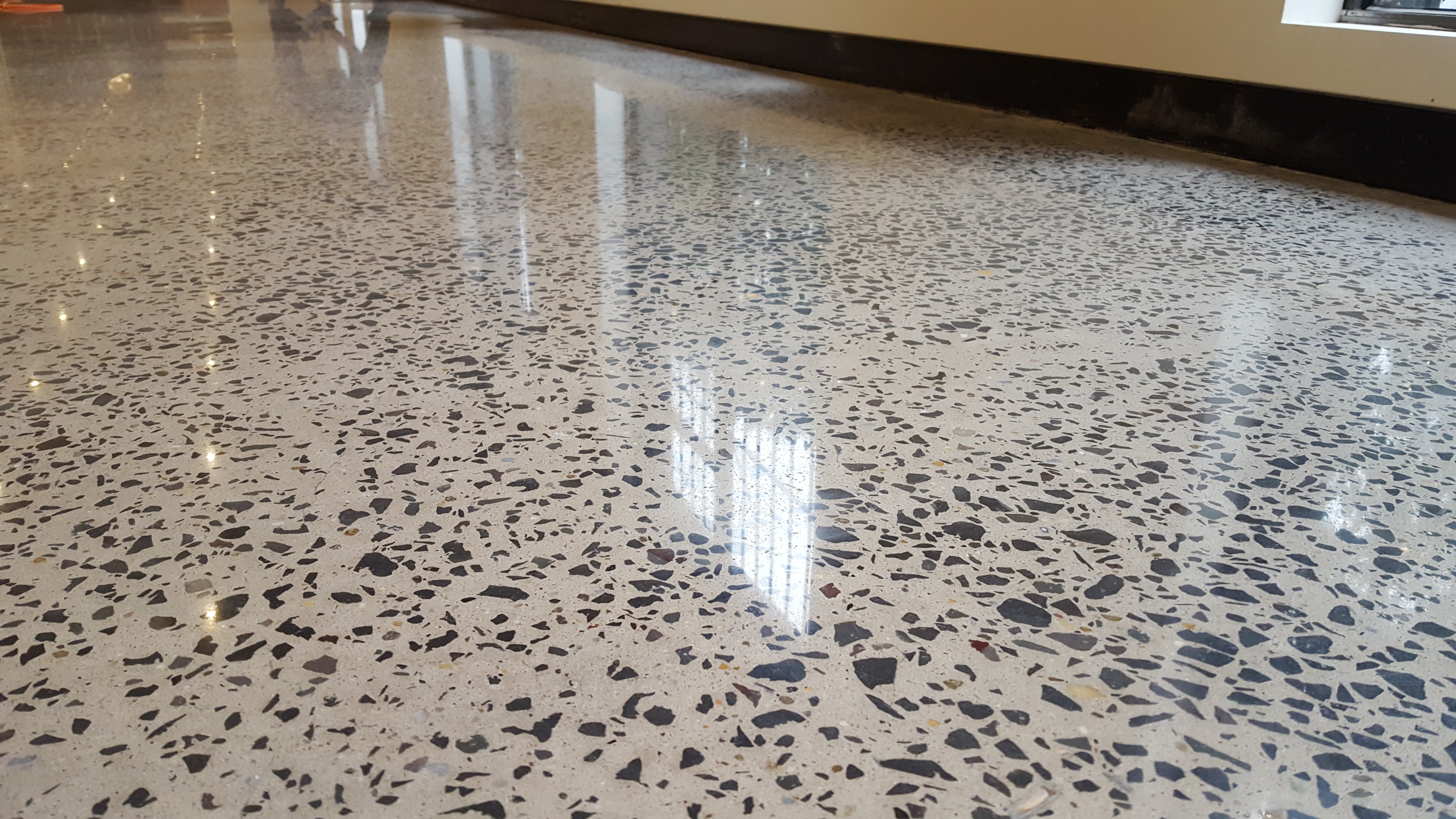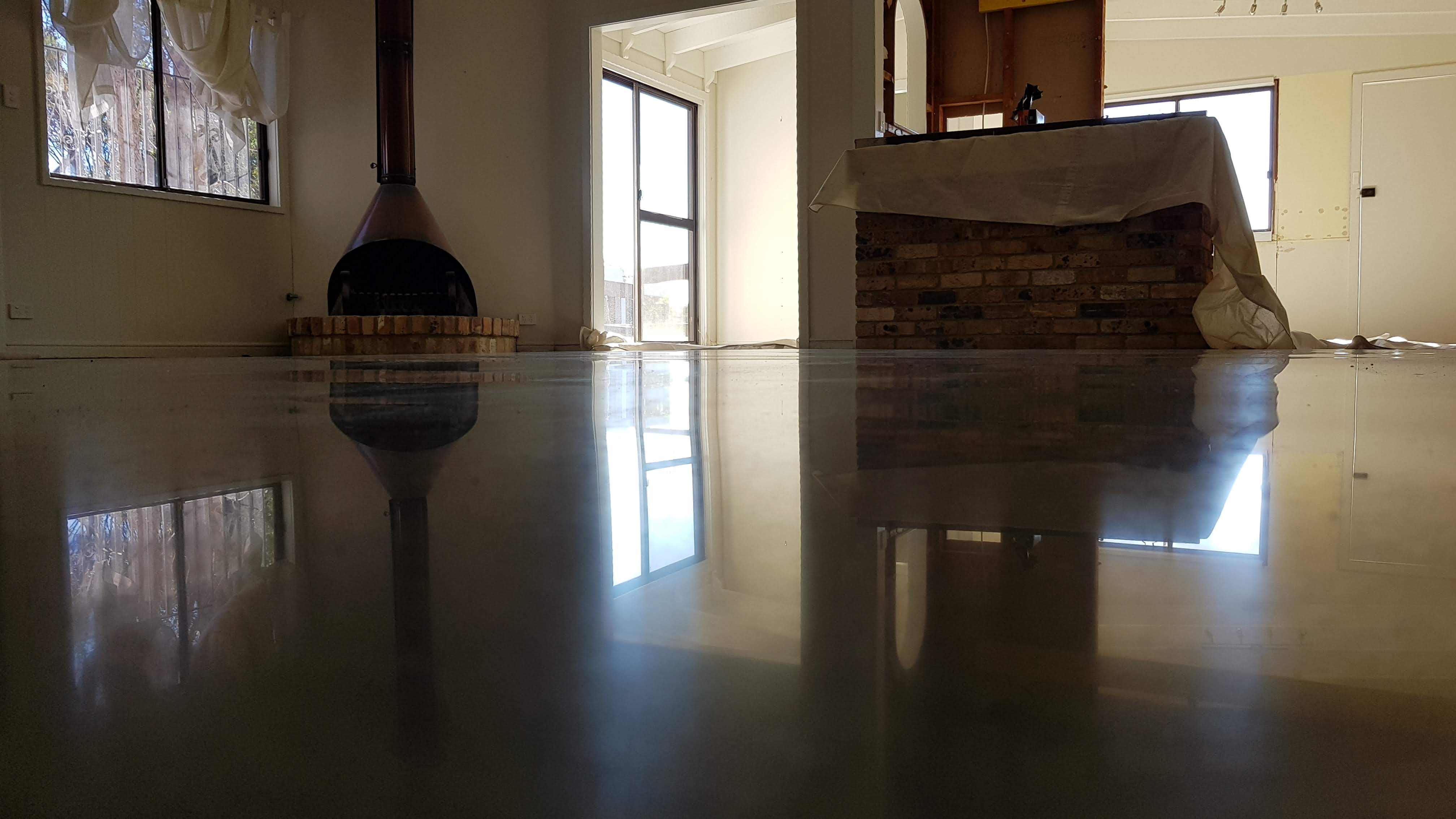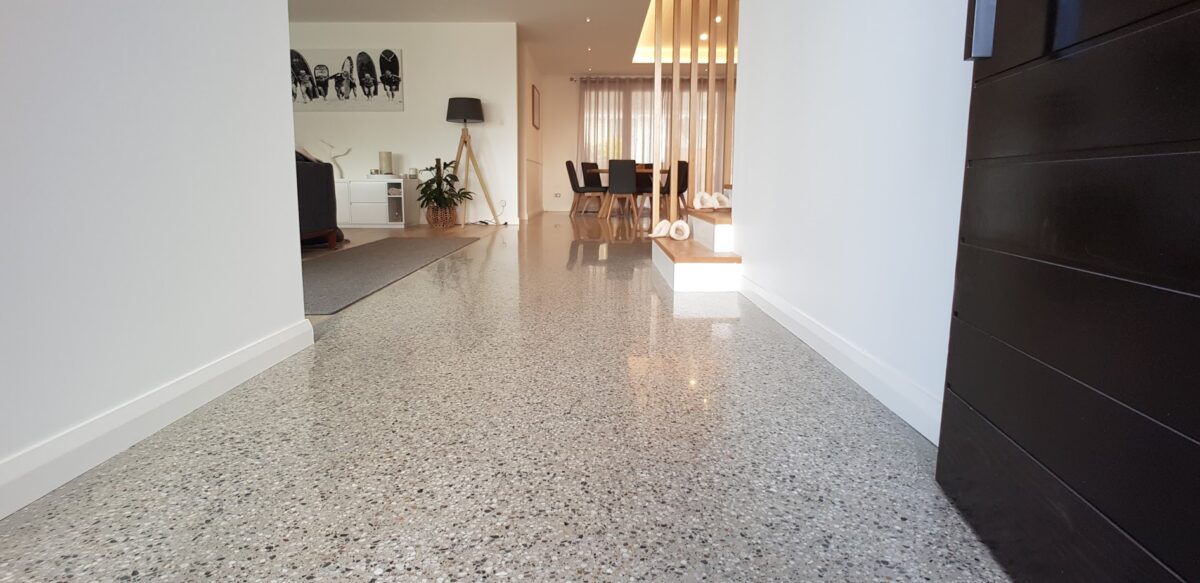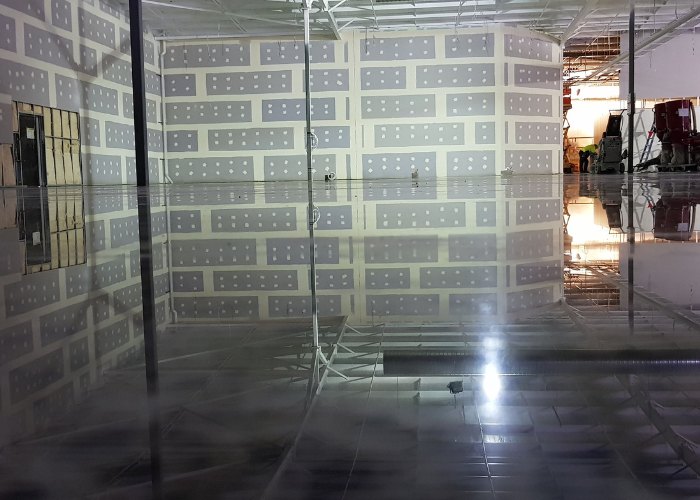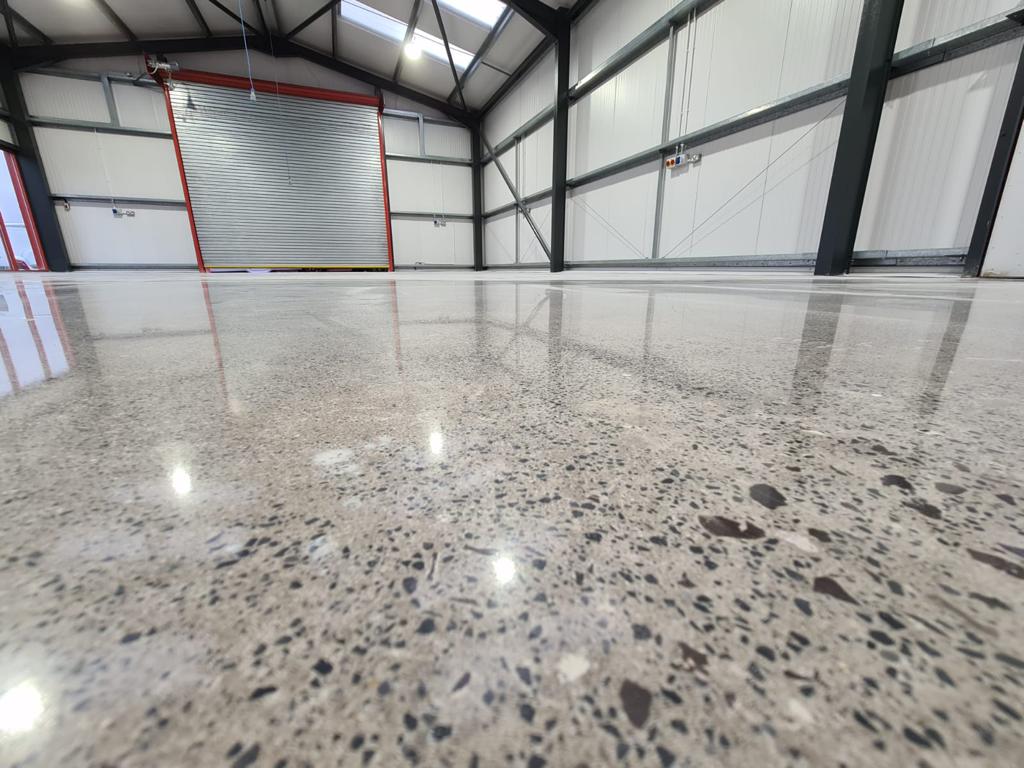Sweeping or dust mopping daily is a good idea to get rid of dirt and debris. For a deeper clean, aim to mop it every week or so, depending on how much foot traffic it gets. Regular cleaning helps maintain the shine and keeps the floor in great shape.
When cleaning polished concrete floors, avoid using harsh chemicals or acidic cleaners like vinegar, as they can damage the surface. Steer clear of abrasive scrubbers that can scratch the finish. Don't use wax or polish, as they can build up and make the floor look dull.
No, it's not safe to use vinegar on polished concrete floors. Vinegar is acidic and can damage the surface, dulling the shine and potentially causing etching. Stick to pH-neutral cleaners that are specifically designed for polished concrete to keep your floor in top condition.
It's best to avoid using a steam cleaner on polished concrete floors. The high heat and moisture can damage the finish and cause it to lose its shine. Stick to regular mopping with a pH neutral cleaner.
You don't need to reseal polished concrete floors after every cleaning. Resealing is usually needed every couple of years, depending on the wear and tear. Regular cleaning helps maintain the seal, but if you notice the floor starting to lose its shine or showing signs of damage, it might be time to reseal.
You can use a mixture of water and a few drops of mild, biodegradable dish soap. Or you could just use a microfiber mop with just water for regular cleaning. It's effective at picking up dust and dirt without chemicals.
